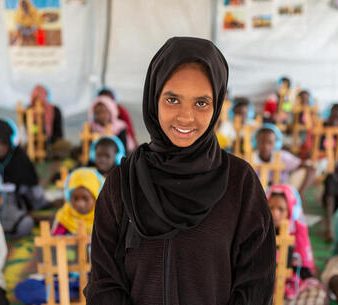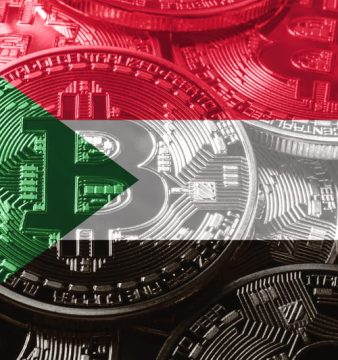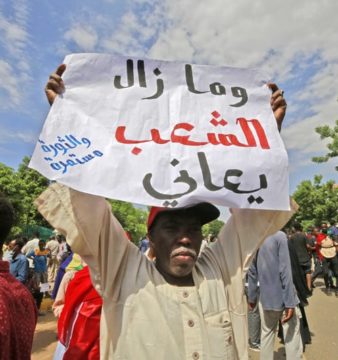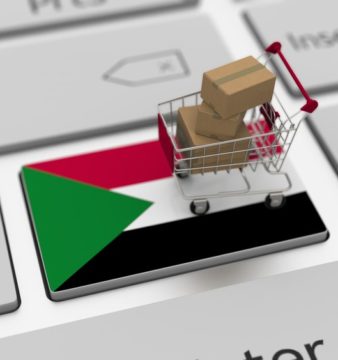Useful or Harmful? 3 Simple Questions to Judge Government Policy
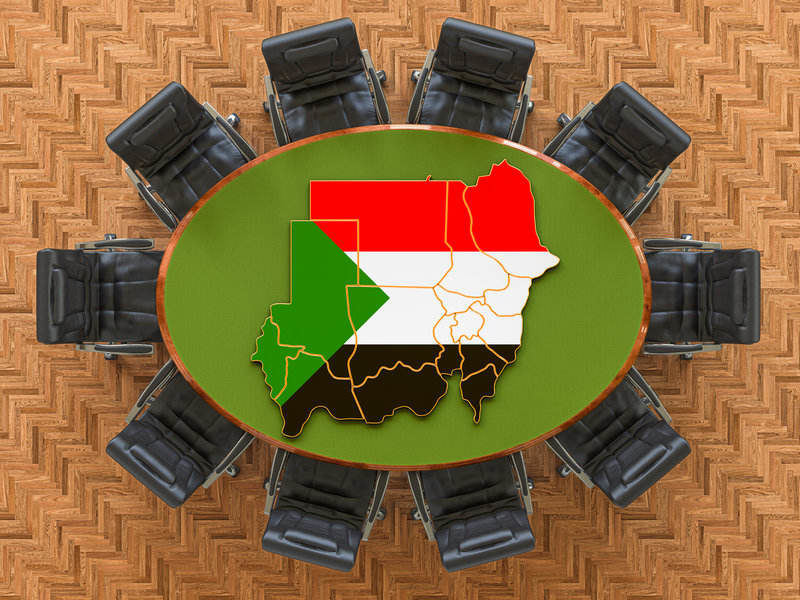
Many heated debates started when the Sudanese Minister of Finance announced lifting fuel subsidies in December 2019, as part of the economic reform process, which is one of the top priorities of the transitional government. Implications of such a decision are huge as it directly translates into price spikes. The former totalitarian regime had tried a set of similar policies; however, with the accumulating grievances the Sudance people had no patience and the previous government attempt was the straw that broke the camel’s back. While many praised the current government decision, others described it as utter evilness.
So, which point of view is more accurate? Here are three questions that would help you find the answer:
1) Is the market working?
It is now the norm to take hours to fill a car tank. The domestic vs international petrol price is SDG6.4 vs SDG44.6 a litre respectively. The difference in price is paid by the government, consuming 11.75% share of GDP1. But governments of poor countries usually don’t have the money, therefore shortage of supply is inevitable. Consequently, as the quantity demanded by key sectors isn’t properly met (e.g. agriculture, mining and manufacturing) the black-market jumps in to fill the gap, and voila a government policy has led to creating a black market!
2) Who is benefiting from this policy?
Subsidy is usually justified for as a policy to reduce the burden on the poor. With the supply shortage explained, car owners and ‘unfortunately’ smugglers have the lion’s share of the subsidised quantity supplied. Without subsidies, the former would have optimized their consumption and the latter wouldn’t have existed at all. Additionally, the private sector (including private transport) won’t risk their survival by fuel shortages, so they are indirectly forced to buy from the black market and that additional cost is passed to consumers through increased prices that burdens all, particularly the poor.
3) What better investments the public money has missed?
Fuel subsidies, as explained, isn’t captured by those in dire need. Looking at education, the percentage of children not attending primary school in the poorest 20% of the population is 42.7% while it is 4.6% for the richest 20%. Wouldn’t it be more useful if public money was spent on expanding coverage of schools in disadvantaged areas? Another example, as an agricultural economy with majority of poor population being farmers, wouldn’t direct farming assistance help them increase their income and improve their livelihoods? Wouldn’t this have higher value than public money going into the pockets of smugglers?
Finally, remember to dig a little deeper when judging the usefulness or harmfulness of government policy and to not take politicians stance at face value. It is empowering and liberating to be able to critically evaluate yourself how well the government is progressing and whether they are developing proper policy to rebuild our collapsing economy. The questions above would always help you do just that.
*Please note that this article represent my views and not my employer’s. Deputy Program Manager at the UK Department for International Development.
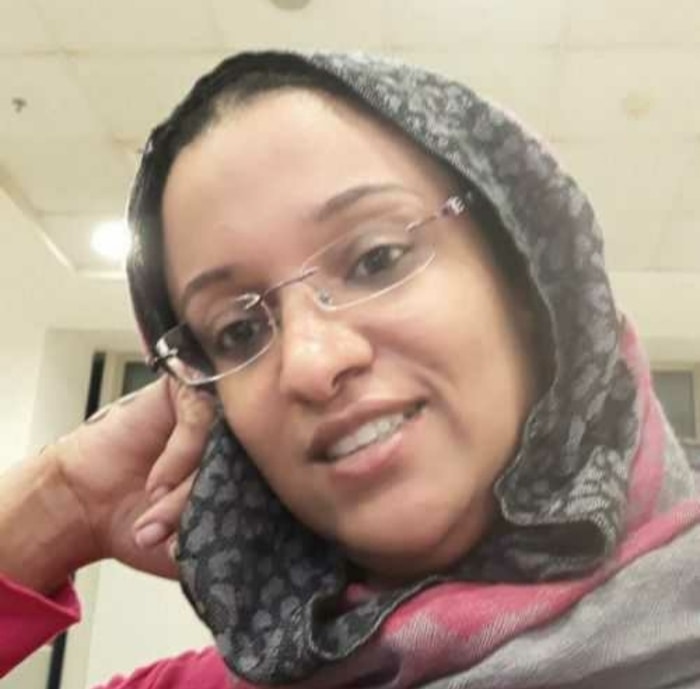
Fatima Elsanousi is mother of two, architect by background and development worker by passion. She had been an entrepreneur, studied entrepreneurship in the University of Liverpool and is an advocate of embedding entrepreneurial thinking across all life facets. She particularly thinks that if entrepreneurship is properly mainstreamed, it can empower not only markets, but governments as well as citizens at a grassroots level.

